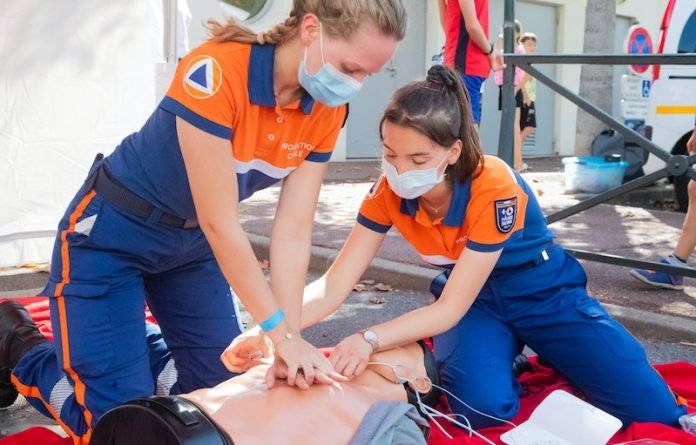
In a study from McMaster University, scientists reported a case of a 14-year-old girl who had a cardiac arrest at an overnight camp and provided a roadmap of how to plan for a rare but often fatal event.
A previously healthy 14-year-old girl became unresponsive in her cabin, and a fellow camper who noticed began chest compressions after not finding a pulse.
Emergency medical services (EMS) arrived and used an automated external defibrillator before transporting her to the hospital.
The teenaged patient had myocarditis, a common cause of cardiac arrest in the community and of sudden cardiac deaths in children. It peaks in the early infancy and middle teenage years.
Thanks to an observant, conscientious camper who took immediate action and a quick EMS response, the girl survived and has a good prognosis.
This case highlights the importance of early recognition and prompt initiation of effective compressions in the resuscitation of out-of-hospital cardiac arrest, regardless of age.
Medical emergencies at summer camps are rare but should be anticipated as they can be life-threatening.
The team says preparation for low-frequency, high-acuity emergencies are needed and should account for remote geography and prolonged EMS response times.
Pediatric out-of-hospital cardiac arrest is uncommon but may be under-reported owing to inadequate surveillance systems, publication bias or legal concerns.
The societal benefits of widespread CPR training for youth and young adults are exemplified by this case, as the camper who recognized and started the resuscitation had received first aid training previously.
The authors recommend widespread CPR training for camp employees and older youth and automated external defibrillators in accessible locations to improve outcomes of cardiac arrest in camps.
If you care about heart health, please read studies about how eating eggs can help reduce heart disease risk, and herbal supplements could harm your heart rhythm.
For more information about health, please see recent studies that olive oil may help you live longer, and vitamin D could help lower the risk of autoimmune diseases.
The study was conducted by Dr. Herbert Brill et al and published in Canadian Medical Association Journal.
Copyright © 2022 Knowridge Science Report. All rights reserved.



